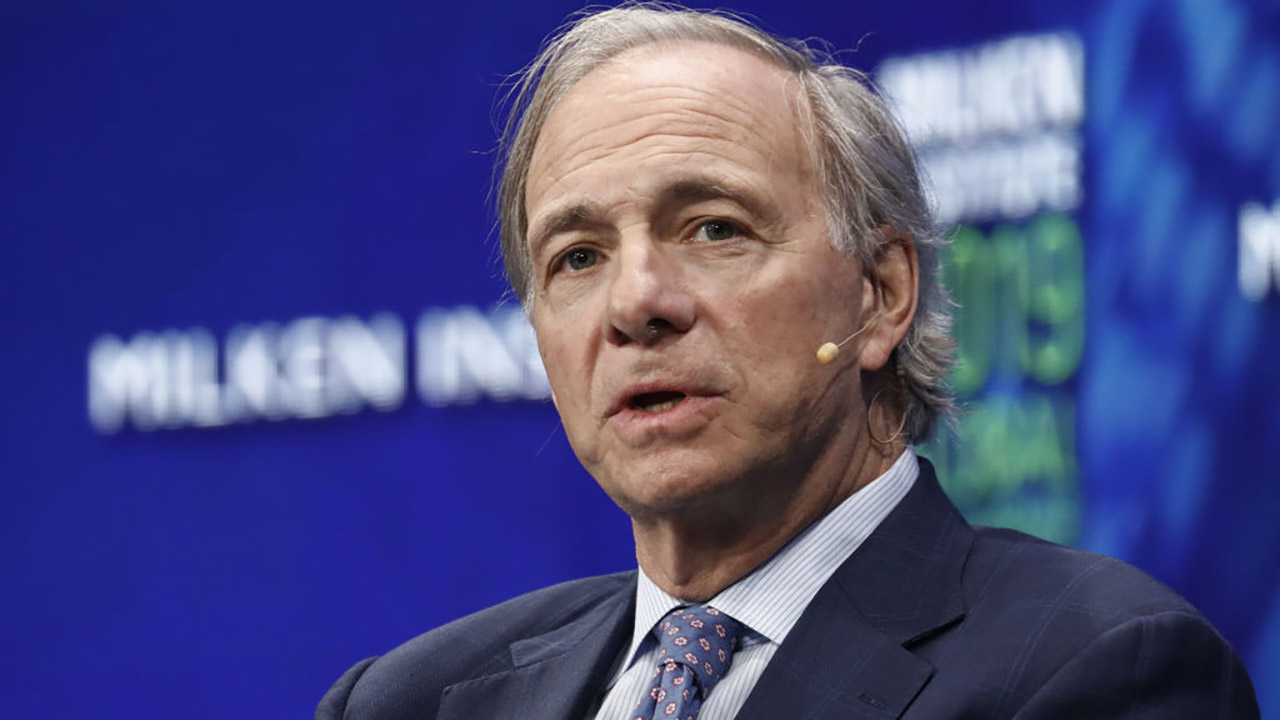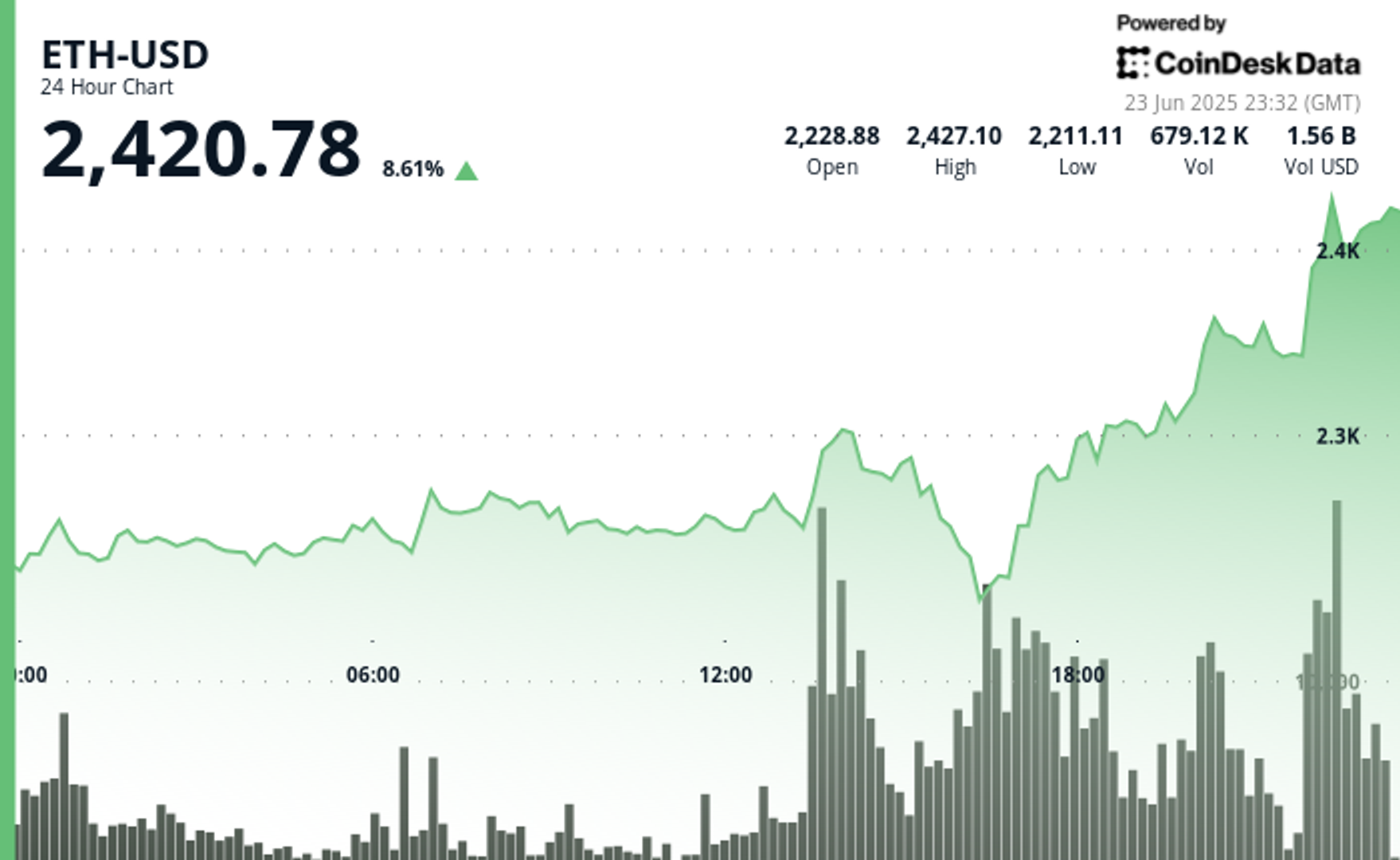
Key Takeaways
- Bipartisan policies governing drug price and procedural transparency should continue uninterrupted; others might be changed via the tax code.
- Significant changes, such as Medicare for all or ACA repeal, are unlikely.
- Managed care looks well positioned regardless of the election outcome.
- Investors may have more clarity next year on the status of health exchange subsidies and drug-pricing provisions currently in place.
Healthcare in the United States is a perennial issue that has even more gravity in the runup to an election. Matters ranging from drug prices to potentially more sweeping overhauls of the health system can affect voters and investors in myriad ways. While the 2024 election is unlikely to lead to major changes, some policies could shift depending on the result, according to Morgan Stanley Research.
Bipartisan measures—including regulations requiring transparency for hospitals and health plans as well as efforts to manage drug pricing—should stay in place regardless of the election outcome. Without a majority in Congress, either candidate’s party would be limited in the scope of changes they can push through.
“Some healthcare policies might be changed through the tax code, including Affordable Care Act (ACA) premium subsidies that were introduced in 2020 as part of the COVID relief effort, extended in 2022 and are set to expire at the end of 2025,” says Michael Zezas, Morgan Stanley’s Global Head of Fixed Income and Thematic Research. “But major structural changes, such as Medicare for all or a public option, would require unified Democratic control of Congress as well as party unanimity on the preferred path, which seems unlikely.”
Morgan Stanley has looked at each party’s possible policies regarding key areas of importance to the healthcare sector and what they could mean for investors.





